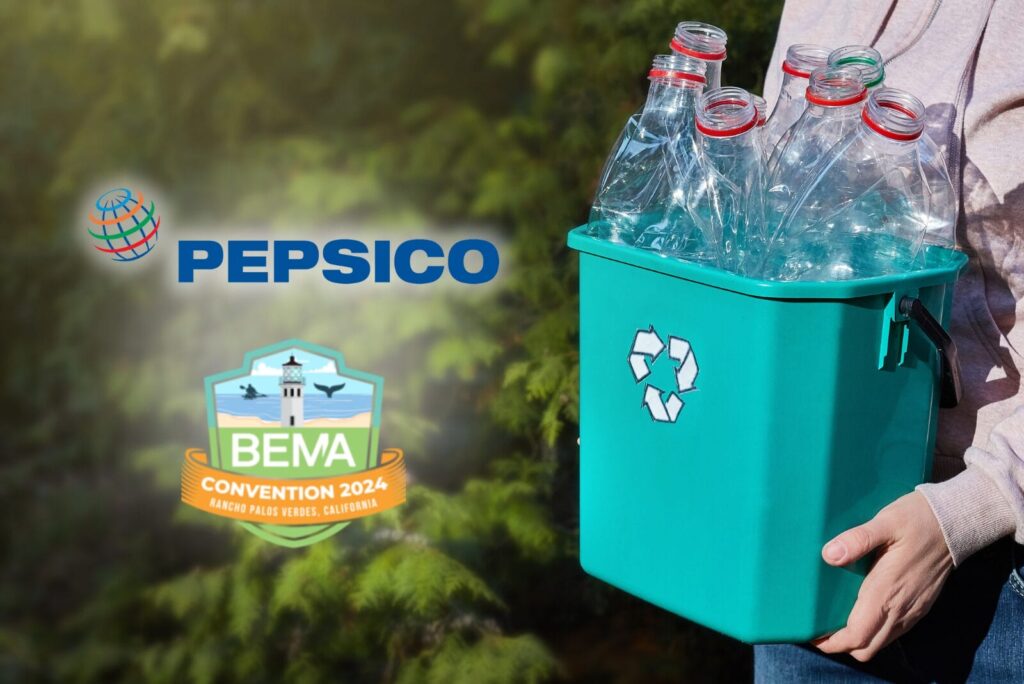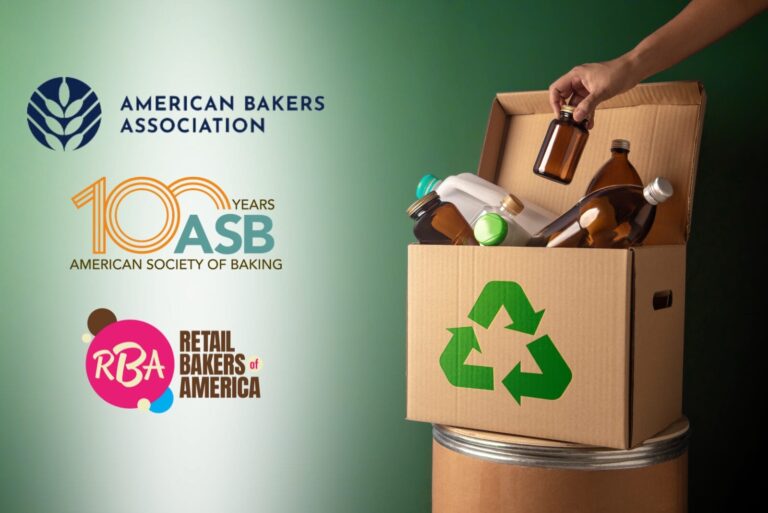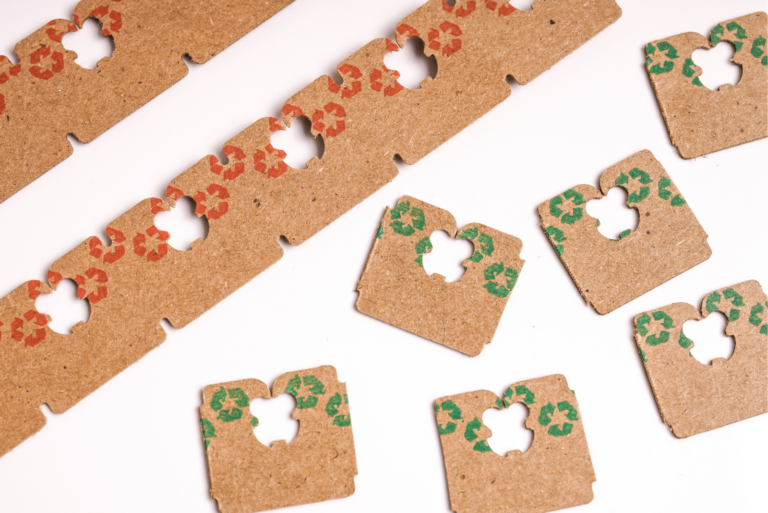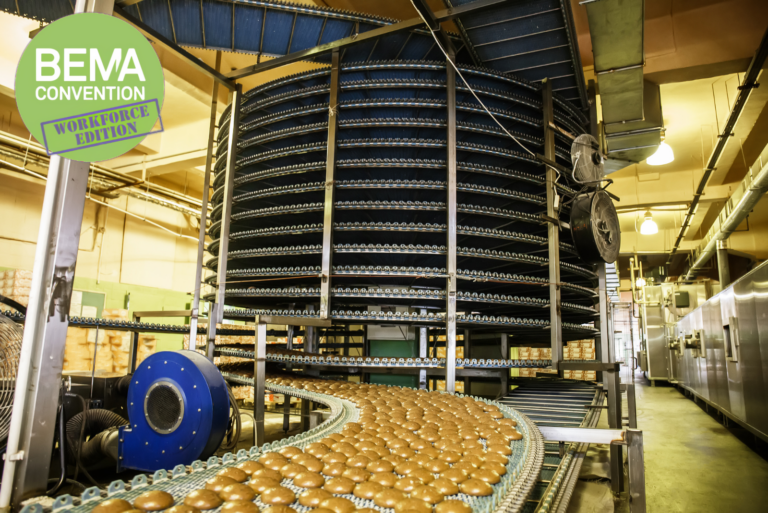RANCHO PALOS VERDES, CA — The need for sustainable packaging solutions to tackle plastic pollution is growing. While the flexible packaging industry faces shifting challenges, there is potential for advanced recycling technologies and solutions.
To adapt to the evolving landscape, PepsiCo Foods is developing a range of materials using innovative packaging solutions that not only comply with new regulations but also align with PepsiCo’s sustainability goals. Rob Cotton, R&D director for packaging sustainable materials at PepsiCo, shared the details during the BEMA 2024 annual convention, held June 28-July 2 in Rancho Palos Verdes, CA.
Cotton started his presentation by noting that the packaging industry is the largest small industry in the world, comprised of entrepreneurs and individual companies, and then shifted to describe PepsiCo’s packaging structures.
“It’s basically two layers of polypropylene films glued together, and the various properties we use we get from metallization,” Cotton explained. “The metallization layer is not foil — it is metalized film — and the fact is, while I’ve been speaking, your fingernails have grown longer than the metal is thick on our lens.”











